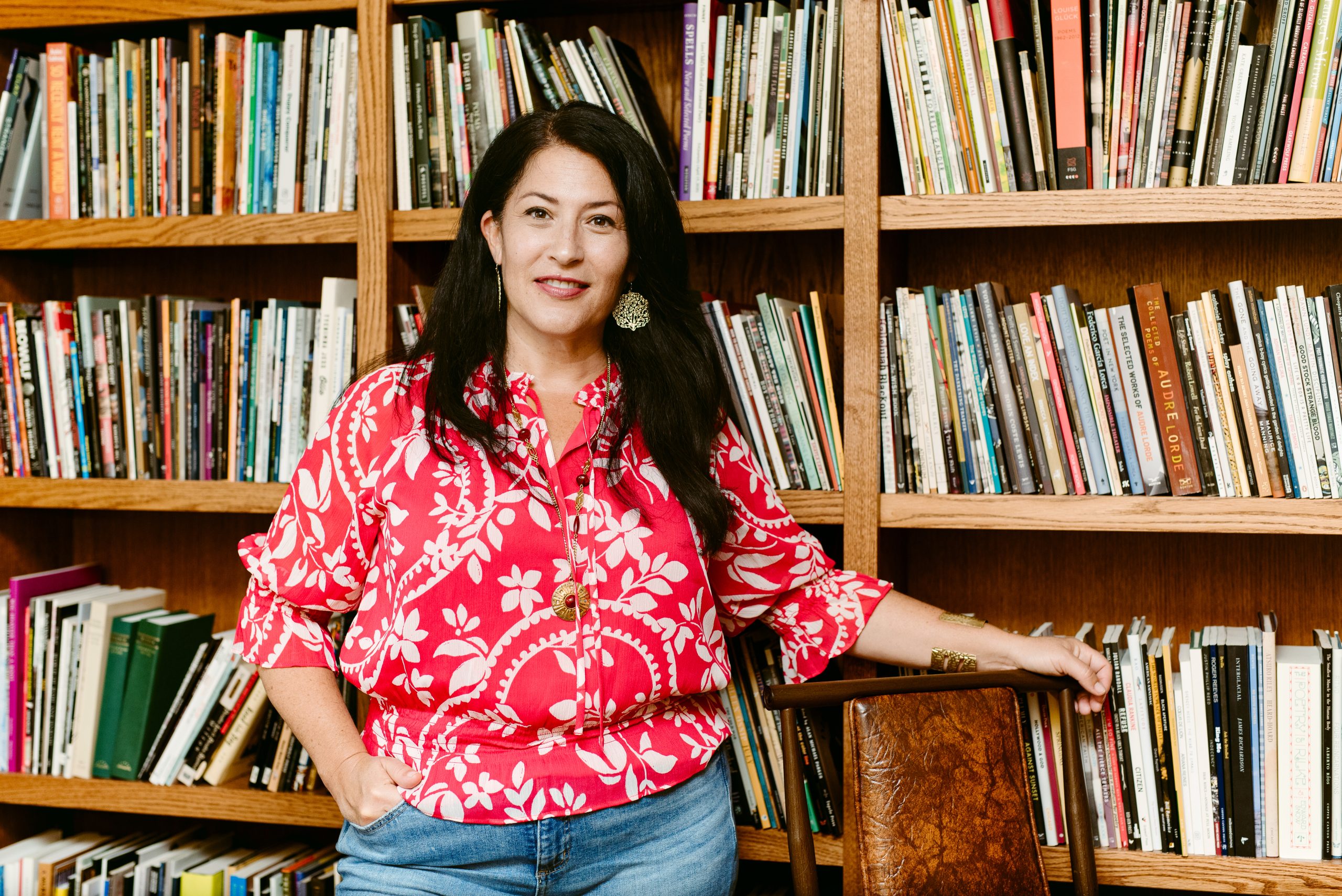By Arthur Sze,Sheila Regan
Copyright minnpost

Last week, after the killing of right-wing political commentator Charlie Kirk, I found myself in need of completely stepping away from social media. I closed my browser window. I walked away from my computer. I didn’t need online discourse, I needed poetry.
Luckily, I had already started a dive into U.S. Poet Laureate Ada Limón’s collection “Startlement: New and Selected Poems,” set for release on September 30.
The book includes work from Limón’s six previous collections plus 21 new poems, including “In Praise of Mystery,” written for NASA’s Europa Clipper and engraved on the hull of the spacecraft bound for one of Jupiter’s moons.
When I came across “The Same Thing,” I found a poem that could have been written today. “There’s an awful story in the news,” it begins. Limón goes on to describe putting on headphones and listening to “a sad song that sounds familiar” as a way of coping. She describes other ways of seeking comfort, like wearing “the slip your grandmother gave you,” or calling family. I felt her words resonate with today’s cycle of violence and our search for answers:
The television says tomorrow they will shed some light on hell How far do we need to search for some bad thing?Hell is not beneath us, not a bargaining chip with your children.
She closes with a call — “You say you love the world, so love the world,” she writes. Then, “Maybe your mouth is the same / mouth as everyone’s, all trying to say the same thing.”
“You Are Here”
Limón, the nation’s poet laureate since 2022, will be succeeded by Arthur Sze in October. Her tenure will be remembered in part for the crowdsourced “You Are Here” project, which asked: “What would you write in response to the landscape around you?” Amid the noise of all that is terrible, answering Limón’s question acts as an immediate calming technique.
Related: Artist Ifrah Mansour hopes her traveling eggs are an antidote for our times
In her introduction to 2024’s “You Are Here: Poetry in the Natural World,” Limón cites Robin Wall Kimmerer, author of “Braiding Sweetgrass” and “The Serviceberry,” whose work — like Limón’s — shares the deep interconnectedness between humans and nature. For the first time, the authors will share a conversation onstage at the Pantages Theater on Oct. 8, an event presented by Minnesota-based publisher Milkweed Editions, Hennepin Arts and the Trust for Public Land.
Throughout “Startlement,” Limón expresses her deep attunement to the natural world — rivers and trees, birds, flowers and mountaintops imprinted in memory.
Her poem “Instructions on Not Giving Up” paints a vivid, almost tactile image of spring. A crabapple tree’s blossoms become “fuchsia funnels,” while a neighbor’s cherry trees are described as “shoving / their cotton candy-colored blossoms to the slate / sky of spring rains.” The poem is a balm. It’s a reminder: No matter how bad it gets, spring comes.
One of my favorites is “The Spider Web,” a mashup of sonnet and sestina forms. Each stanza has 14 lines, like a sonnet, and each stanza repeats the last line of the previous stanza with the first line of the new one, like a sestina. It’s one of the most formal poems of the collection, especially given Limón’s use of rhyme. And it weaves in spider web imagery with an exploration of the entrapment of addiction — not only for those who suffer from it, but for those who love them, as well.
While Limón’s poems don’t often use perfect rhyme, there’s an attention to formal structure. She uses poetic devices like alliteration, consonance (the repetition of consonant sounds) and assonance (the repetition of vowel sounds), and she’ll sneak in near-rhymes. She uses techniques like indentation and italics to show inner thoughts or asides.
“Sanctuary” almost reads like two poems in conversation. The indented lines act like whispers or prompts to the more guttural voice of the non-indented lines.
Suppose it’s easy to slip into another’s green skin bury yourself in leaves
In the final section of “Startlement,” Limón continues her explorations of memory, grief, love and writing itself. Its titular work takes inspiration from the Fifth National Climate Assessment (NCA5), while an old growth forest at risk of clear-cutting in Kootenai National Forest, Montana, inspired “The Origin Revisited.”
In “Curtain Call,” Limón creates multiple voices arguing with one another.
Related: Art in an age of high anxiety
It felt, as I read it, almost like a poetic representation of the vitriolic discourse online, where the purpose of social media posts seems more about sounding clever and winning than creating mutual understanding and consensus.
In “Mortality,” Limón writes, “When a poet says, ‘Let me / be clear,’ we are never clear.” In a way, the line captures Limón’s gift for cajoling the reader to follow her through a serpentine path of meaning — one that is not always linear, but incredibly rewarding.
Milkweed Editions releases “Startlement: New and Selected Poems” on Sept. 30, 2025. Order the book online or stop by your favorite local bookstore. Ada Limón and Robin Wall Kimmerer’s onstage conversation takes place Wednesday, Oct. 8, at 7 p.m. at the Pantages Theatre. Tickets ($48-$202) are available through Hennepin Arts.



